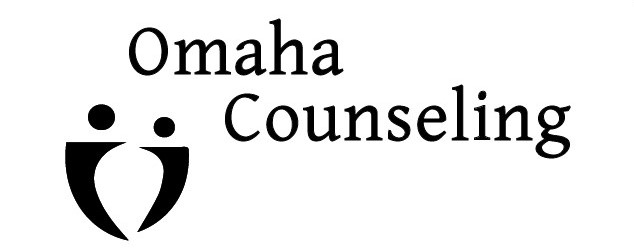For a long time, people have been discussing (and sometimes arguing) as to whether love is a choice or a feeling.
Recently, the Internet was buzzing with an article by Seth Adam Smith entitled, “Real Love is a Choice.” In the article, Smith agrees with the idea that real love in an unconditional commitment to an imperfect person.
After time passes, you realize that you’ve entered a relationship with a person who is just as imperfect as you are. Smith goes on to say that real love isn’t just a spontaneous or happy feeling; it’s a deliberate choice to love one another through all of life’s ups and downs. (Smith’s entire article is thoughtful and interesting, follow the above link to read it in its entirety.)
The feelings of love are fleeting and unpredictable, whereas the capacity to love is something that can be developed, used, and increased.
Because of this, entering into a long-term relationship shouldn’t be taken lightly. It isn’t easy. Love is an action–it is choosing to work at your relationship. It means communicating, paying attention to your partner, working as a team, and encouraging each other (just to name a few).
When a relationship is new, romantic love (or infatuation) is usually quite strong. When the feelings of infatuation diminish, it becomes clearer that love is a choice.
Think of it like this:
Relationships go through highs and lows. Sometimes, your relationship is effortless. Other times, it takes a lot of work. It’s easy to fall into a routine, and that routine can easily lead to boredom or disinterest in your partner. Those times come to most couples, and it takes work to move through, to break out of the routine, and get back to each other.
This leads to another reason why love is an active choice: it requires that we overcome our own laziness, fears, our tendency to get bored, and our impulses.
Problems will arise, and real love takes two people. One person alone can’t save a relationship by themselves. Some couples would benefit from a few therapy sessions in order to work through their problems. Even if your partner isn’t open to going to therapy at this moment, going by yourself can still help your relationship.
If you have any questions about today’s blog post, don’t hesitate to contact Reka by phone at 402-881-8125, by email at reka@omaha-counseling.com, or via Twitter or Facebook.
—
photo credit: `James Wheeler via photopin cc


